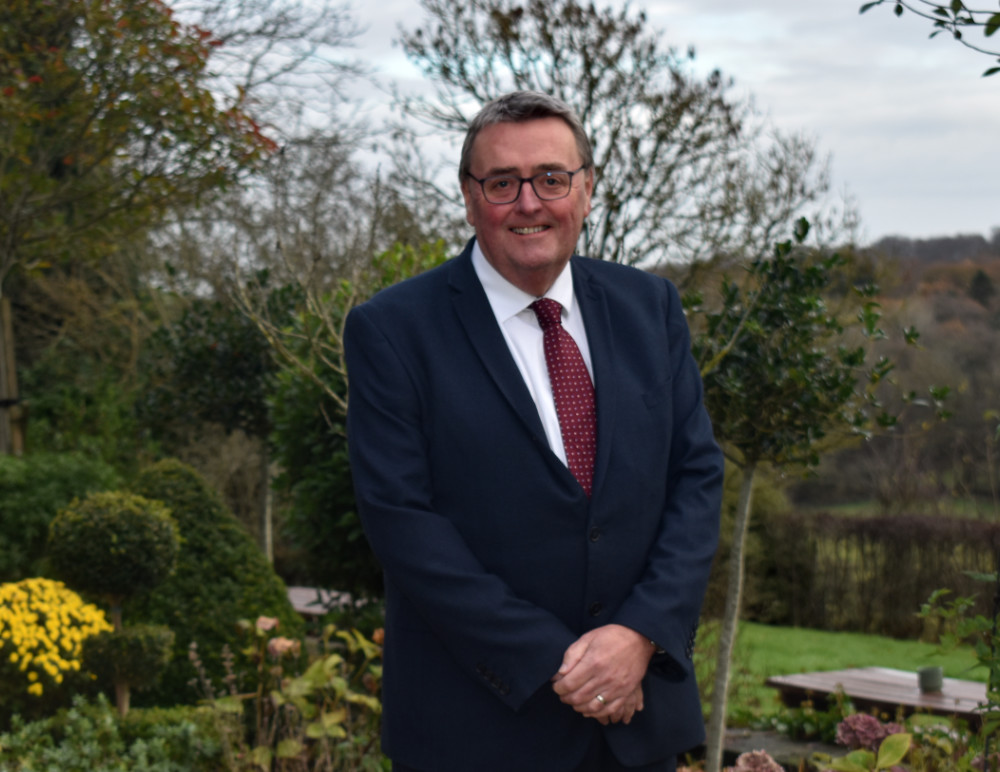An online conversational tool is being rolled-out in Harrogate.
It is called Polis and was developed in Seattle – it is already being used around the world.
Within any geographical area there are topics which should have more community consensus, but often the problem is finding the focus to be debated, and then to form a reasoned consensus.
Social media and online polls can be useful, but they can also create a skewed view.
Many people are reluctant to express a view online for fear of being shouted down, or are fearful of being seen as having a different view to the majority.
The outcome of traditional polls is distorted by those who commission the poll.
Polis works in an anonymous way, allowing individuals to not just respond to a question, but also then add to the conversation by posing their own statements for others to respond to. This means that a conversation forms, with a greater depth of understanding being developed. It means that even if the wrong question was initially asked, the Polis then adapts as people contribute.
Harrogate lawyer, Andrew Gray, has brought Polis to Harrogate. It is already being used in Taiwan to inform government policy, and could be used in a similar way in North Yorkshire. Andrew has launched the non-profit, Crowd Wisdom Project, through which he will run these conversations on behalf of organisations, charities and businesses.
Andrew Gray said:
Polis is a system for gathering, analysing and understanding what large groups of people think in their own words, enabled by advanced statistics and machine learning. For many years now, Polis has been successfully road-tested in Taiwan, quelling antagonism and helping policy-makers to build sensible and well-supported policies.
Elections are too infrequent to give law-makers and policy-makers any idea of what the people want. On national issues, polling companies and focus groups provide the government with some limited data. However, on a local level, elected officials and officers have few tools for listening to what the people want, leading to a disconnect with decisions and a disengagement from politics. Polis cures this problem.
Platforms such as Twitter or Facebook often do not reflect where the people are on issues. Local media and decision-makers are often fooled by those who shout the loudest, or have the greatest resources.
Take the thorny issue of the Harrogate Gateway. Does anyone really know what the people of Harrogate think? We know what pressure groups say, and they are of vital importance to our democracy. But what does everyone else think and are their better solutions? Polis uncovers previously hidden wisdom.
Polis can have many applications. In the world of politics, our voting system is too rigid, with too many people disengaged from it, with parties pitted against each other as if at war. We all know that the best conversations are when people listen, learn and, often, adapt their positions. Polis facilitates such a conversation, but on a large scale. The data it collects, all anonymous, is far more detailed than what a simple (and often biased) traditional survey can produce.
Local businesses are using Polis already to define company strategy. The anonymity factor allows junior staff and people who are shy or are unfamiliar with speaking up, a real voice, whilst not cancelling free speech. Businesses pay for the service, so that we can offer it free of charge to others.
Polis was trialled in Harrogate, initially with a Polis conversation around the Harrogate Gateway Project.
- Polis was created by the Computational Democracy Project in Seattle and has been used all around the world.
- Polis has most famously been deployed in Taiwan. See this article from The Guardian for a useful summary: https://www.theguardian.com/world/2020/sep/27/taiwan-civic-hackers-polis-consensus-social-media-platform.
- The UK Government’s Policy Lab used Polis in 2021 as part of its Collective Intelligence Lab. See: https://openpolicy.blog.gov.uk/2021/11/04/crowdsourcing-policy-how-can-collective-intelligence-improve-policymaking/.
- In 2021, The Food Standards Agency used Polis to inform its report entitled Food in a Pandemic. See https://www.food.gov.uk/research/research-projects/food-in-a-pandemic.







